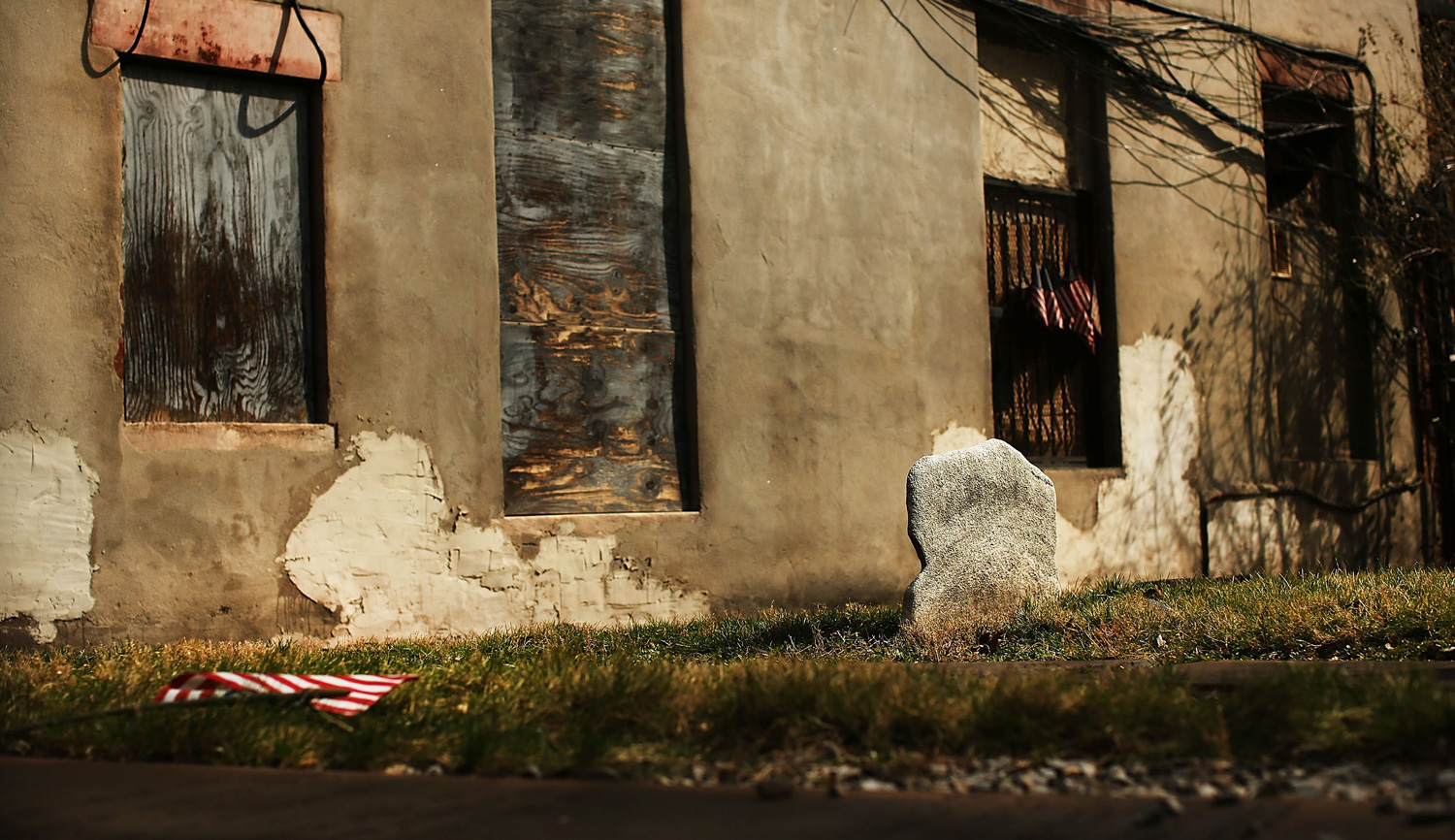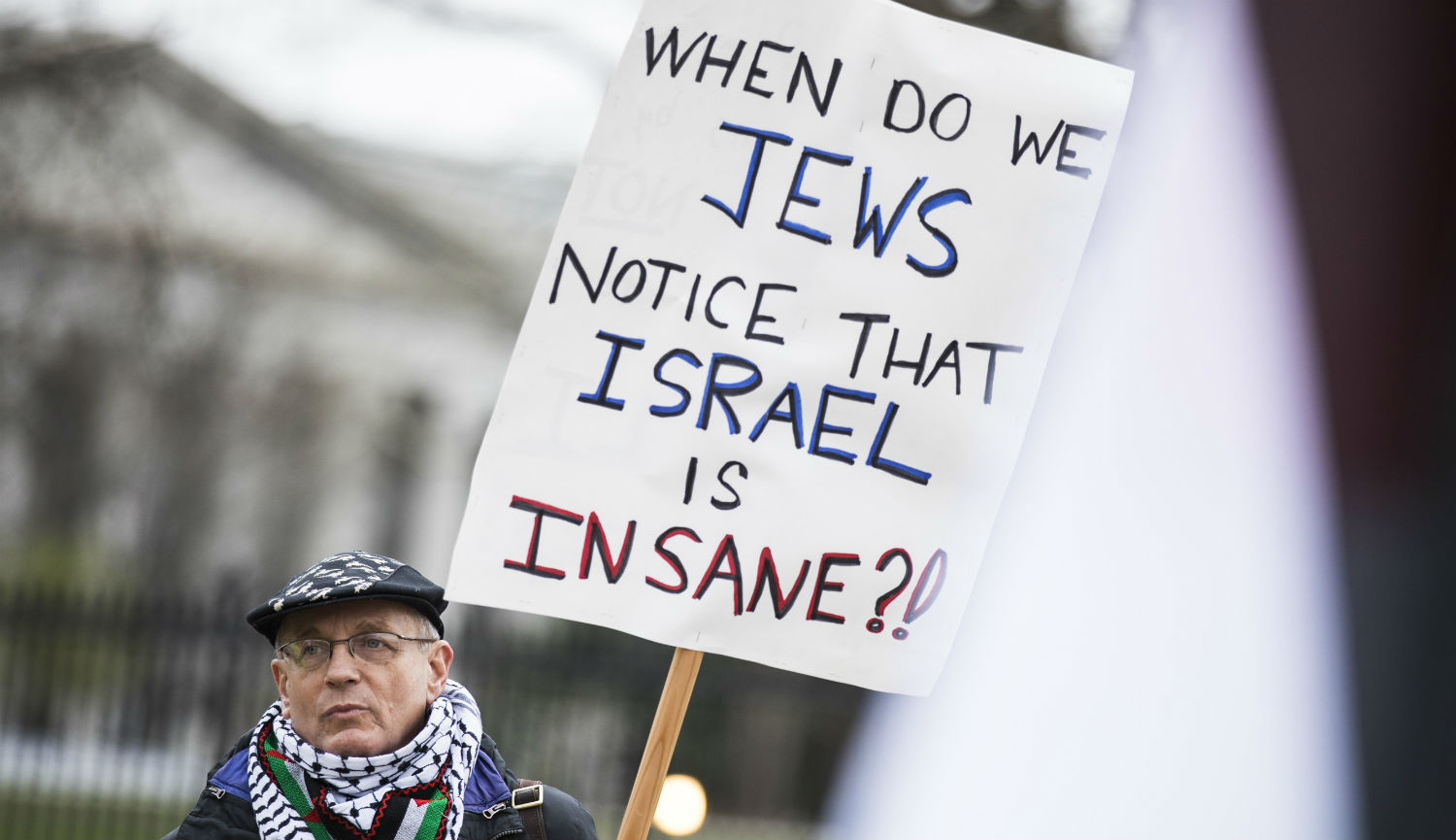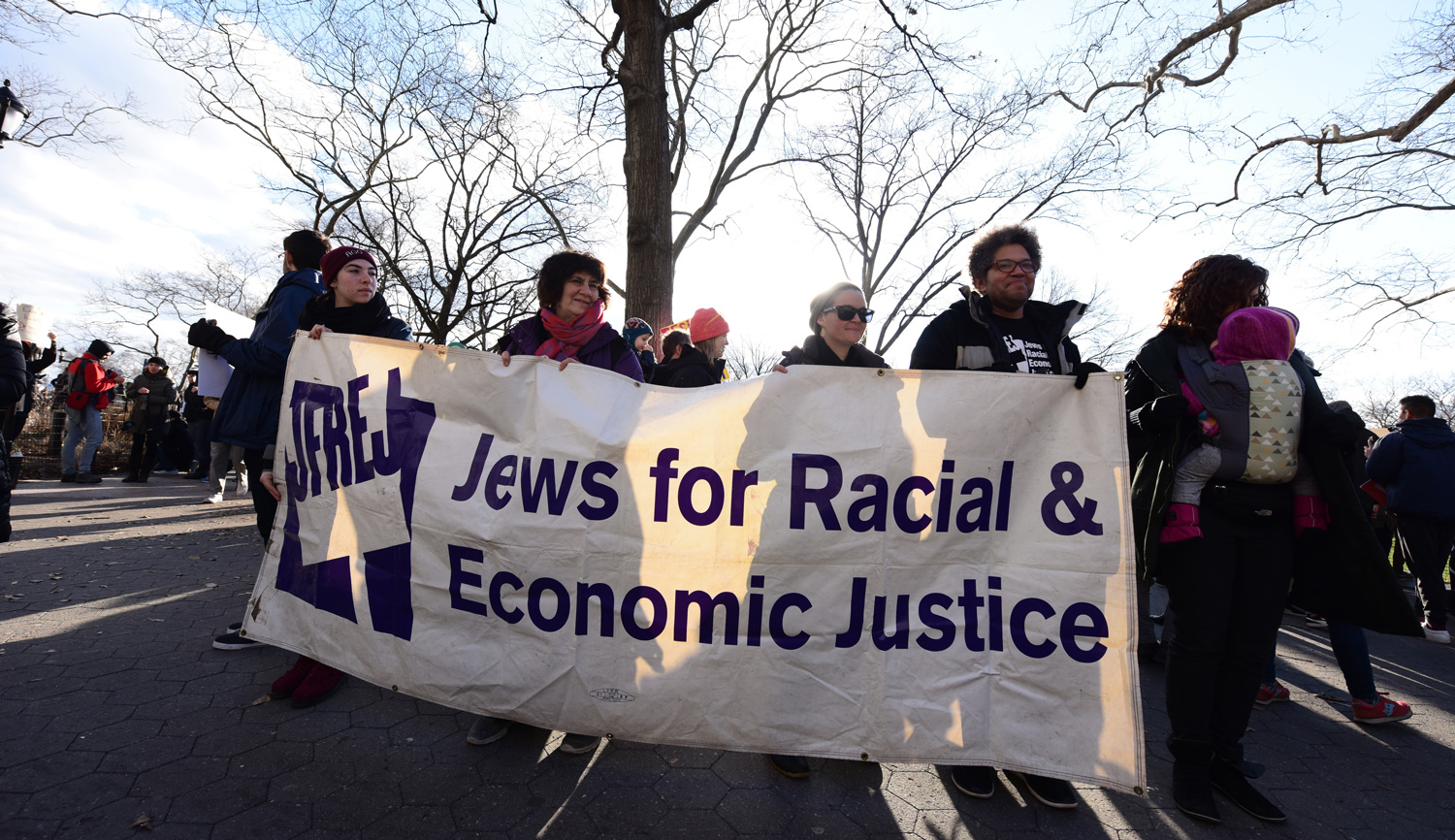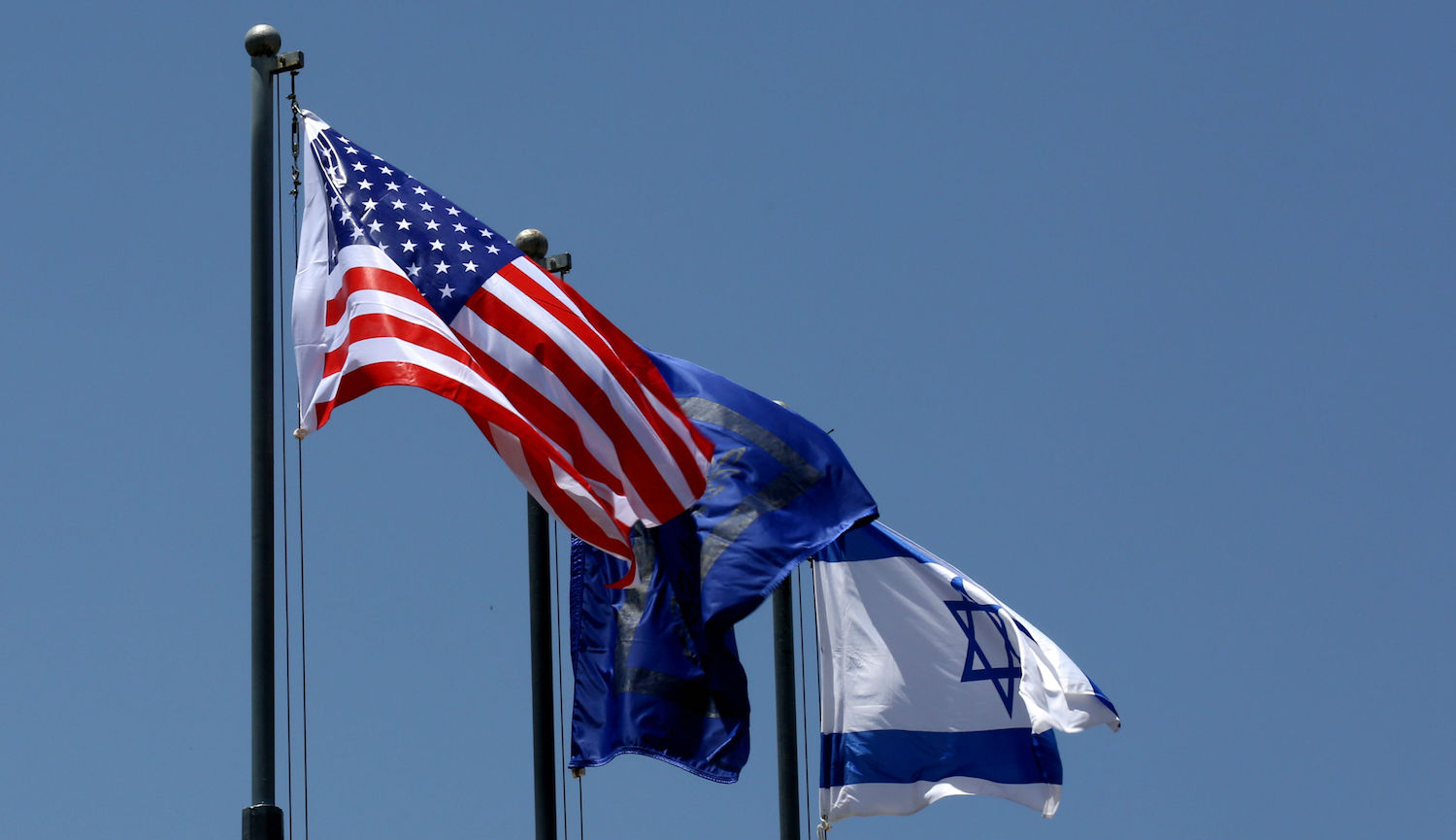I fully agree with Daniel Gordis (and with Elliott Abrams in his earlier essay in Mosaic) that it is putting the cart before the horse to ascribe American Jewry’s growing distance from Israel to Israel’s perceived moral failings, whether vis-à-vis the Palestinians or anything else. There are indeed Israeli policies toward the Palestinians that deserve to be criticized by anyone who cares about human rights, as many American Jews do. But if Jews like Hasia Diner cared as much about Israel, they would couch their criticism differently. They would express it with more pain and less indignation; they would be more empathic and not so self-righteously condemning; they would seek to understand the reasons for Israel’s behavior even if they found it unjustified; and above all, they would continue as Jews to identify as strongly as ever with Israel as a Jewish state. They would go on feeling that it is their state despite their reservations about its conduct. The fact that they do not feel this way has less to do with Israel’s shortcomings than with their own attenuated sense of Jewish peoplehood, the reasons for which Gordis discusses cogently.
Growing numbers of American Jews care about Israel only to the extent that Israel validates their own self-image, and have no use for it, or turn against it, when it doesn’t. And yet, in all fairness, are most Israelis any different in their attitude toward American Jews? Apart from American Jewry’s support for Israel, do they take an interest in it, bother to become knowledgeable about its history and institutions, know anything about its religious and intellectual life, make an effort to understand it, or worry about its future? It, too, exists for them only instrumentally, to the extent that they and their interests exist for it. If the rampant assimilation of American Jews alarms them at all, this is only because they fear a consequent weakening of Israel’s political base in the United States, not because the vanishing of Jews in the Diaspora is of concern to them per se. And although they do on the whole have the sense of Jewish peoplehood that so many American Jews lack, they tend to think of Israel, and of Diaspora identification with it, as this peoplehood’s only meaningful expression.
There is of course, as Gordis observes, one major exception to this rule: the religiously traditional communities of both countries, which are conscious of a bond between them and of the ideal of a bond among all Jews that once used to be called klal yisra’el, the Jewish collective. Perhaps these communities will eventually set the tone for Israeli-American Jewish relations, as Gordis, while rightly cautioning against blindly extrapolating from current demographic trends to the future, contemplates their doing. Meanwhile, however, most Israelis and American Jews will continue to drift farther apart. And one additional reason that they will do so, besides those enumerated by Gordis, is that they will have less in the way of shared origins. For much of the 20th century, the Jews of America and the Jews of Israel had the same East-European nativity, parents, or grandparents. Now, these European roots have receded into the past—and with them, one more link between the two groups.
The main difference between Daniel Gordis’s outlook and mine is that I’m less perturbed by all this than he is. The distance between Israeli and American Jews is growing? Let it grow. It’s natural. The two populations live in different worlds, speak different languages, face different problems, challenges, and dangers, have different worries, fears, and life experiences, adhere to different values, and think of themselves and their surroundings in different ways. In the absence of a strong sense of klal yisra’el, no amount of preaching, education, tourism, Birthright programs, or superficial “Americanization” of Israeli life, let alone the establishment of a Palestinian state or an outbreak of peace in the Middle East, is going to change this. Most American Jews are not going to spend much of their time thinking about Israel, and even fewer Israelis are going to think about American Jews. But so what?
So what? One of the premises of classical Zionist thought, amply borne out in our times, is that in the liberal democratic societies of the modern Diaspora, the assimilation of most Jews is inevitable. It always amuses me to hear it proclaimed, in the name of Zionism, that assimilation in America must be combated. Why or how combat what your beliefs tell you must take place, whether combated or not? This is not an argument against Jewish education in America. It is an argument against the illusion that such education, if pursued vigorously enough, can stem a historical tide. And because I believe classical Zionism’s analysis of the Jewish condition to be correct, I also believe, like most Israelis, that the only viable vehicle for Jewish peoplehood in our times is a Jewish state. Despite my American background, I must confess that American Jewish life in itself does not interest me very much—certainly not enough for me to grieve over its being opted out of by more and more American Jews.
What about the fear that a shrinking and less pro-Israel American Jewry could affect American policy toward Israel? Once, to tell the truth, I shared this fear. But look at the last two decades of American history. There have been elected in them two strongly pro-Israel Republican presidents who received (and expected to receive) little in the way of Jewish help or votes, and one cool-toward-Israel Democratic president who was the darling of a large number of American Jews. Surely, this suggests that despite the widespread notion that American policy toward Israel has been shaped by Jewish political pressure, other factors are more important. Israel has survived a great deal in the first 69 years of its existence and prospered in spite of it. It will survive the weakening of American Jewish support for it, too.
More about: American Jewry, American-Israeli Affairs, Israel & Zionism, Politics & Current Affairs







